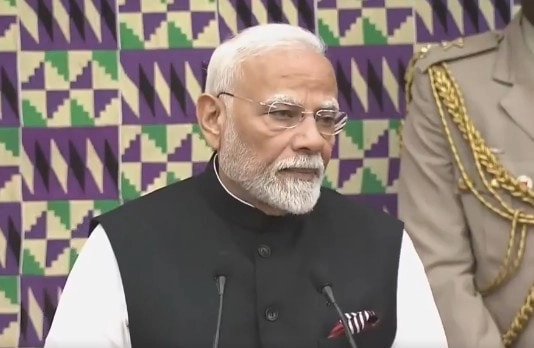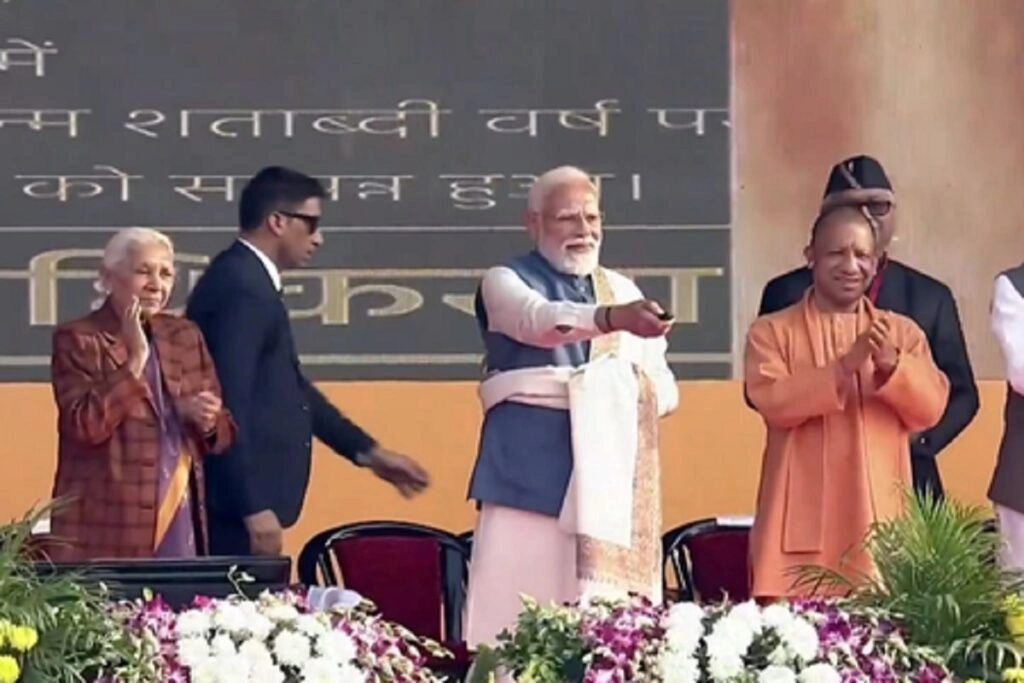During a recent address to the Members of Parliament in Ghana, Indian Prime Minister Narendra Modi made a surprising remark that left the audience astonished. He revealed that India boasts an astonishing 2,500 political parties operating within its democratic framework. This statement not only highlighted the vastness and complexity of India’s political landscape but also served as a testament to the country’s commitment to democracy and pluralism. The sheer number of political parties reflects the diversity of opinions, ideologies, and regional interests that characterize Indian society.
The Ghanaian MPs were visibly taken aback by this revelation, as it underscores a significant difference in political structures between India and many other nations, including Ghana. In many countries, a handful of political parties dominate the political scene, often leading to streamlined governance but potentially stifling diverse voices. India’s multitude of parties means that a wide array of viewpoints can be represented in the political arena, allowing for a more inclusive approach to governance. However, this complexity also poses challenges, such as coalition politics and the potential for political fragmentation.
Modi’s address served as an opportunity to discuss the importance of democracy and the role of political parties in representing the interests of citizens. He emphasized that a vibrant democracy is one where various parties can express their views and compete for the mandate of the people. This competition encourages accountability and responsiveness among leaders, ultimately benefiting the electorate. The Prime Minister’s comments resonated with the Ghanaian lawmakers, who are navigating their own political dynamics and seeking ways to enhance democratic practices in their country.
The interaction between Modi and the Ghanaian MPs also marked a significant moment in India-Ghana relations, highlighting the potential for collaboration and exchange of ideas in governance. By sharing insights from India’s democratic experience, Modi aimed to inspire Ghana’s political leaders to embrace the strengths of a multi-party system while also addressing its challenges. Such dialogues are essential for fostering mutual understanding and cooperation in an increasingly interconnected world. The exchange of ideas can pave the way for innovative solutions to common challenges, reinforcing the bonds between the two nations.




